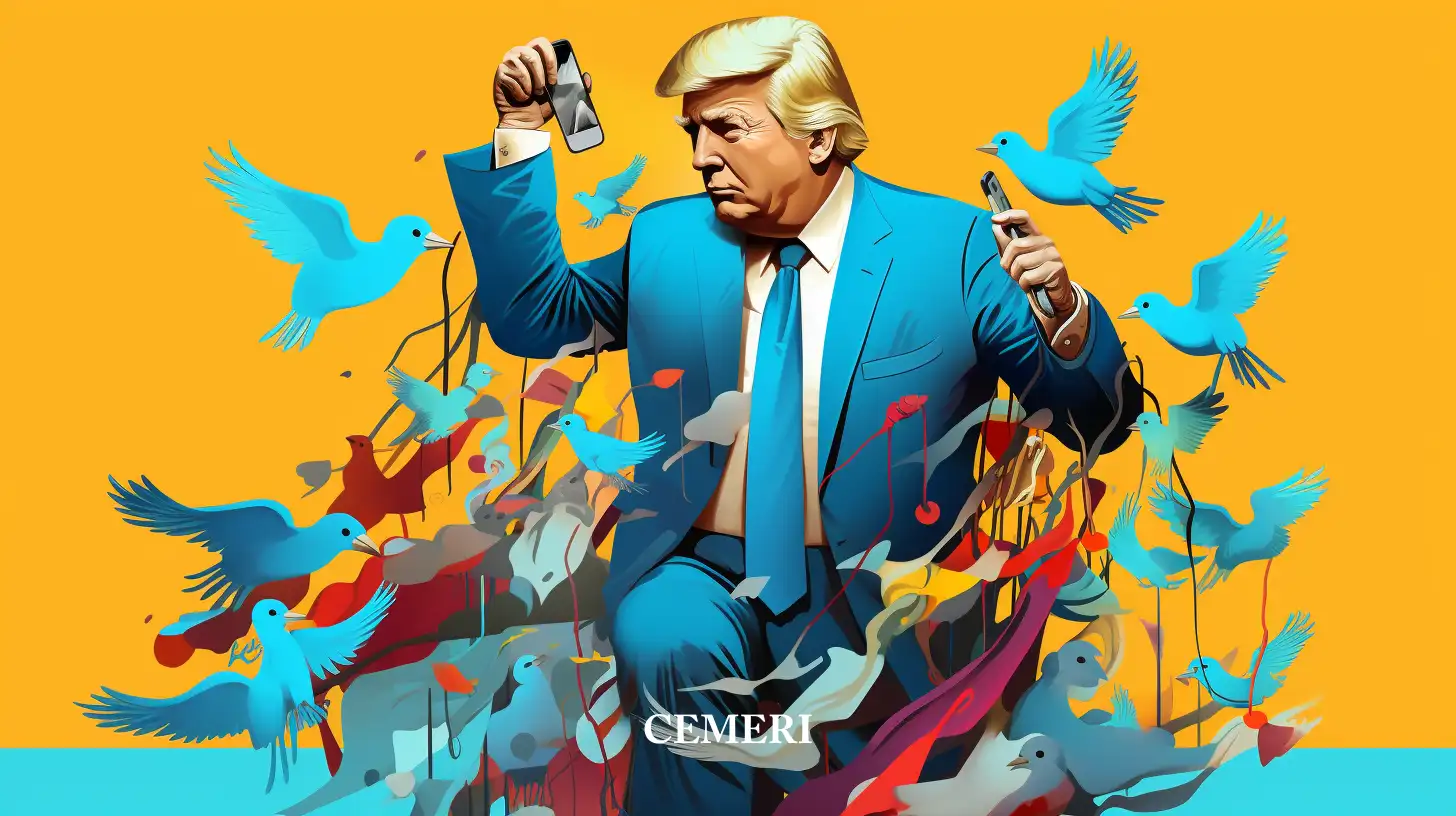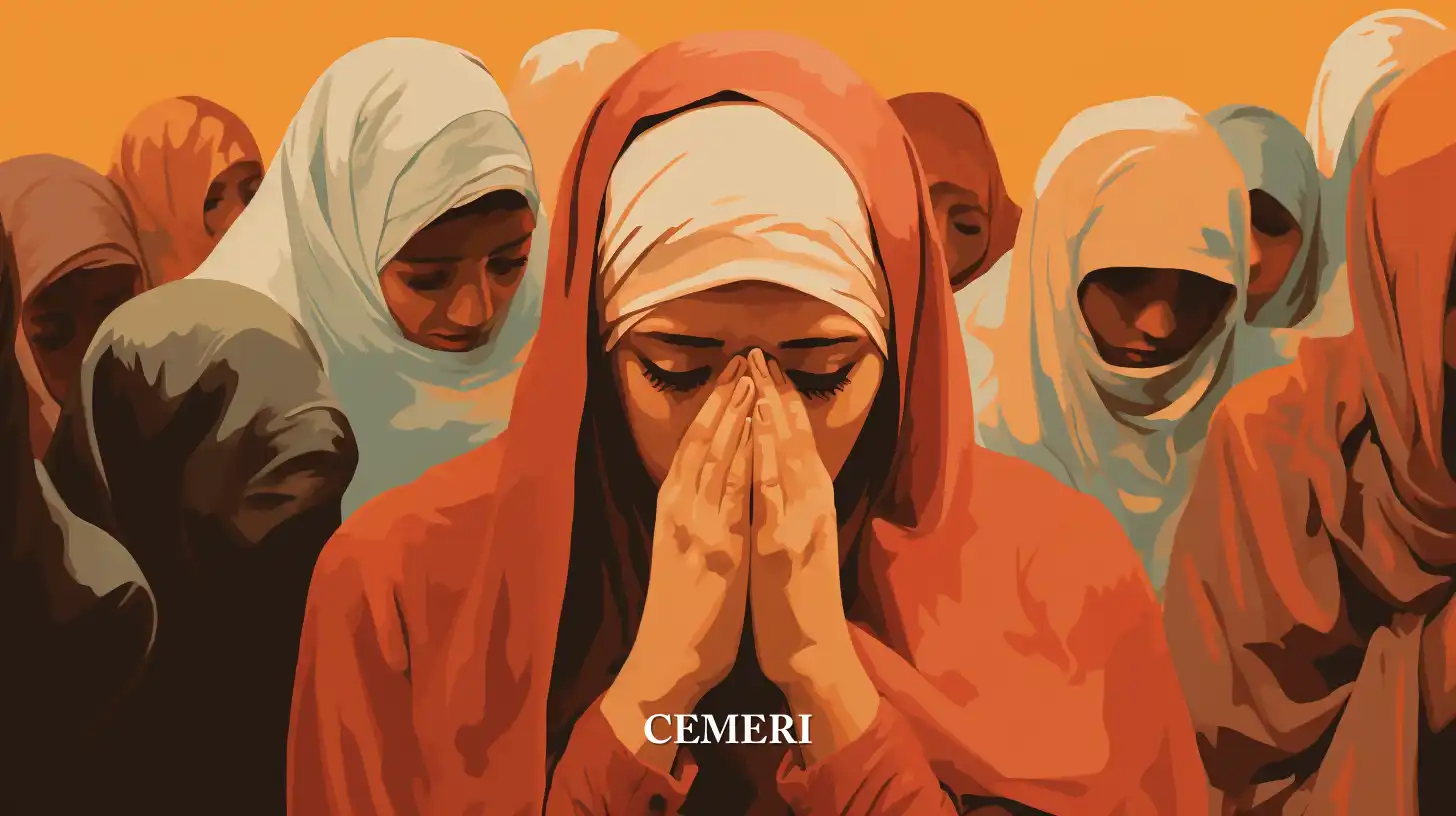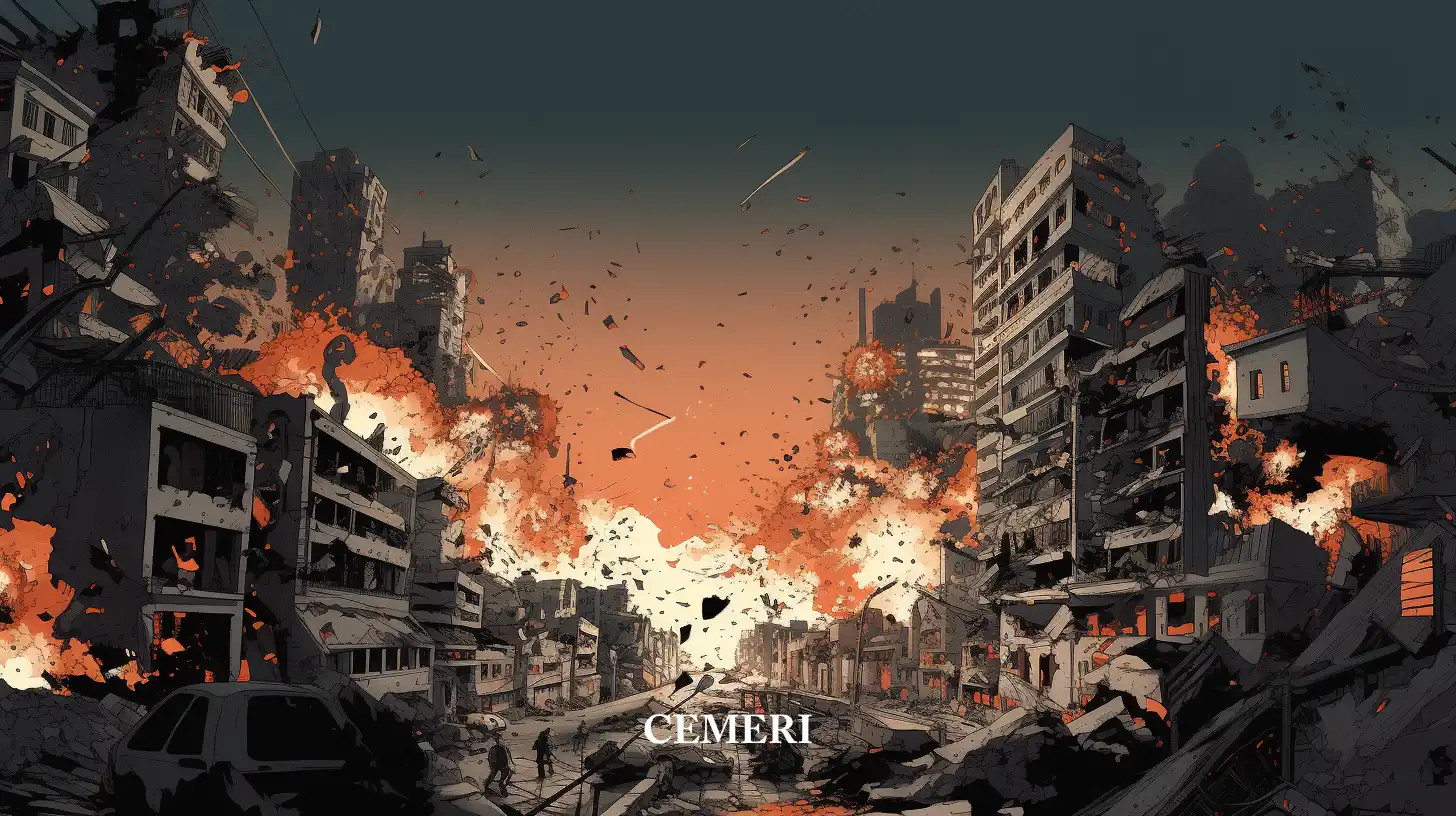Encyclopedia
Raquel Carranza Cañadas
What is Digital Diplomacy?
- With the health crisis, it became necessary to find new ways to digitally perform diplomatic and consular functions, and there is even talk of establishing embassies in the metaverse.

Diplomacy is a branch of international relations that is in charge of studying the interests of the actors of the international community, negotiating, establishing agreements and peacefully resolving any controversy (García, 2021). With diplomacy, foreign policy is executed through persons and bodies representing a subject of international law. In such a way that you can cooperate, agree and achieve common interests.
Diplomacy is considered a versatile tool and of ancient origin, since it can be traced back to the primitive political communities prior to 1940, however, they have gradually had greater importance and development. One of the main turns that it had occurred after the Second World War, a point that can be classified as the beginning of the prioritization of diplomacy instead of force.
The World War led to a greater incorporation of international organizations so that they intervene in the world order through agreements or initiatives, likewise, it offered new ways of exercising diplomacy through other actors. Similarly, for Shaun Riordan (2005) "modern diplomacy and diplomatic services have their origin in the development of the nation state", which is coupled with the fact that after the Great War there was not another massive conquest as such, but that borders were delimited, governments were established and a new vision was instituted that would focus on the protection of internal development.
However, diplomacy is divided into two levels: bilateral and multilateral; the first referring to the relationship between two countries and the second to a group or multitude of countries, that is, forums, conferences or assemblies of international organizations where several States or organizations interact with each other simultaneously (Álvarez, 2018). However, with the rise of new technologies and the internet, new spaces for interaction were created virtually to such an extent that, to date, one can speak of embassies in the metaverse and digital diplomacy.
Digital diplomacy can be understood as the incorporation of new technologies into traditional diplomacy. Its origin is commonly found in the United States in 2002 after the September 11 attack to avoid communication problems in the State Department and at the same time have a greater presence with its citizens online (EOM, 2021). Although this point is explored, foreign policy has always been prioritized in embassies or their respective foreign ministries and, in a certain way, there was no profound change in reference to the functions that were carried out directly by their representatives in person.
Later, a greater space was granted to digital participation with the consolidation of social networks in 2010, the year in which they became a worldwide phenomenon with a massive presence of users, since even devices with an Internet connection that facilitated use of social networks became more accessible. Thus, the way of relating in society changed at the same time that the use of the Internet and the diversification of its connection instruments became widespread (Gómez, 2015).
In short, this event escalated to such an extent that currently having social networks is almost a necessity and the more platforms the user uses, the better, since they can interact widely in digital media. With this, some international organizations, diplomats, leaders and governments, among other international actors, continued to create a space within the platforms to have a greater reach and interaction with people. This technological advance favored the creation of think tanks, the exchange of information and academic forums that amplified public opinion before international or national decisions (Manfredi, 2014).
With this, it has been easier to know the internal and external position of a country and even the influence and scope they have. Therefore, the way in which the interests of the States are promoted has been modified, providing some transparency, since before the digital era they were only helped by news or official information shared by the government. Being transparent also provides greater civil participation even in the international field, however, at the same time it has complicated the veracity of the shared data, increasing the risk of falling into disinformation due to the multiple sources that can comment on various events.
In the diplomatic sphere, it has simplified communication and reduced bureaucracy or hierarchical structures in communication between actors in the international community; This is not to mention that the interaction is in real time and for a lower cost compared to setting up a formal meeting in another country. However, the dynamics have diversified with the use of social networks, however, even in the 2010s, it was only considered as a parallel campaign where organizations made themselves known.
It wasn't until the arrival of the COVID-19 pandemic in 2020 that digital diplomacy really developed out of necessity. With an internet connection and the right devices, any person or group of people can meet and discuss important matters without having to travel. (EOM, 2021).
With the health crisis, it became necessary to find new ways to carry out diplomatic and consular functions digitally and there is even talk of the establishment of embassies in the metaverse, as well as the Barbados government that opened the first embassy of its kind in 2021 as a new bet to execute digital diplomacy with all diplomatic services without geographical limits and economically favorable compared to sustaining 197 missions (Wyss, 2021).
The restrictions of the pandemic and technological advances, in a certain way, promoted or forced the institutional modernization of some countries (as long as their resources allowed them). In the same way, Riordan (2005) expresses that "in the course of recent years, new problems, new technology and new political and social structures have swept away the assumptions on which traditional diplomacy was based." That is to say, just as the human being evolves, what surrounds him and his interactions do as well, consequently including diplomacy, this being the ideal tool for the interaction of international actors.
On the other hand, the ease with which a person's opinion on social networks becomes public and becomes massive makes it necessary for government officials to modify their own communication parameters. This new model of diplomacy is not something temporary, on the contrary it becomes part of the processes by which diplomatic activities can be carried out and it is most likely that it will remain in such a way regardless of the health crisis that is currently taking place. continues to face in the world.
On the contrary, although the digital environment has facilitated certain processes, at the same time it has created more security problems with cyber attacks, hacking and breaches of confidentiality or, as previously mentioned, the phenomenon of misinformation, which is common and harmful. Unfortunately, although digital diplomacy generally fulfills its duty to represent, negotiate, protect and promote the interests of the actors it represents, the risks faced with its use must be taken into account.
The key to success in this modality lies in the timely identification of the collective needs and interests of both citizens and other subjects of international law in order to participate smoothly and, strategically, create soft power or soft diplomacy. The first being a way to influence other actors with cultural and ideological means, avoiding coercion and the second, a method to subtly share the priorities or interests of a country with popular opinion and the world (EOM, 2020).
These resources are the result of a good foreign policy and, therefore, of good diplomacy. This is feasible to achieve with globalization, as is the case of South Korea, which has managed to expand its soft power with K-pop groups, resulting in a wide consumption of their culture, either through specific policies or the viralization of their customs, gastronomy, music and marketing that is being well used, in such a way that these groups have even come to hold speeches at the United Nations (UN, 2021).
Digital diplomacy is part of globalization, which is why it facilitates the use of indirect methods of power, in such a way that it is no longer an accidental result, but States or international organizations are dedicated to it. An example is NATO, which has a public diplomacy division that covers an exclusive section for digital media.
In a few words, digital diplomacy and what emerges from it, are in trend and its strategic use can be executed as a means to specify or streamline face-to-face processes and, in this sense, bet on training in digital skills obtaining the maximum advantage.
Sources
EOM. (2021, 2 octubre). ¿Qué es la diplomacia digital y por qué cada vez más países recurren a ella? El Orden Mundial – EOM. Consultado 16 de mayo de 2022, disponible en https://elordenmundial.com/que-es-la-diplomacia-digital-y-por-que-cada-vez-mas-paises-recurren-a-ella/
EOM. (2020, 18 agosto). ¿Qué es el poder blando? El Orden Mundial – EOM. Consultado 16 de mayo de 2022, disponible en https://elordenmundial.com/que-es-el-poder-blando-soft-power/
García, A. M. (2021, 01 mayo). Diplomacia. Economipedia.com. Consultado 16 mayo 2022, disponible en https://economipedia.com/definiciones/diplomacia.html
Gómez, R. (2015). Diplomacia digital, ¿adaptación al mundo digital o nuevo modelo de diplomacia?. Opción, vol. 31, núm 2, pp. 915-937. Consultado 16 mayo 2022, disponible en https://www.redalyc.org/pdf/310/31045568050.pdf
Manfredi, J.L. (2014, 13 marzo). El desafío de la diplomacia digital. Real Instituto El Cano. Consultado 17 mayo 2022, disponible en https://www.realinstitutoelcano.org/analisis/el-desafio-de-la-diplomacia-digital/
ONU. (2021, 11 octubre). BTS en la ONU, Cambio Climático, COVID-19. . . Las noticias del lunes. Noticias ONU. Consultado 16 de mayo de 2022, disponible en https://news.un.org/es/story/2021/09/1497012#:%7E:text=BTS%20acude%20a%20la%20ONU,los%20Objetivos%20de%20Desarrollo%20Sostenible.
Política exterior y política internacional. (2018). En A. Álvarez (comp.), Política Exterior. Universidad Evangélica de El Salvador.
Riordan, S. (2005). Adiós a la diplomacia. Siglo XXI de España Editores.
Wyss, J. (2021, 19 diciembre). Barbados prueba la diplomacia digital con embajada en metaverso. Bloomberg. Consultado 17 mayo 2022, disponible en https://www.bloomberglinea.com/2021/12/19/barbados-prueba-la-diplomacia-digital-con-embajada-en-metaverso/

